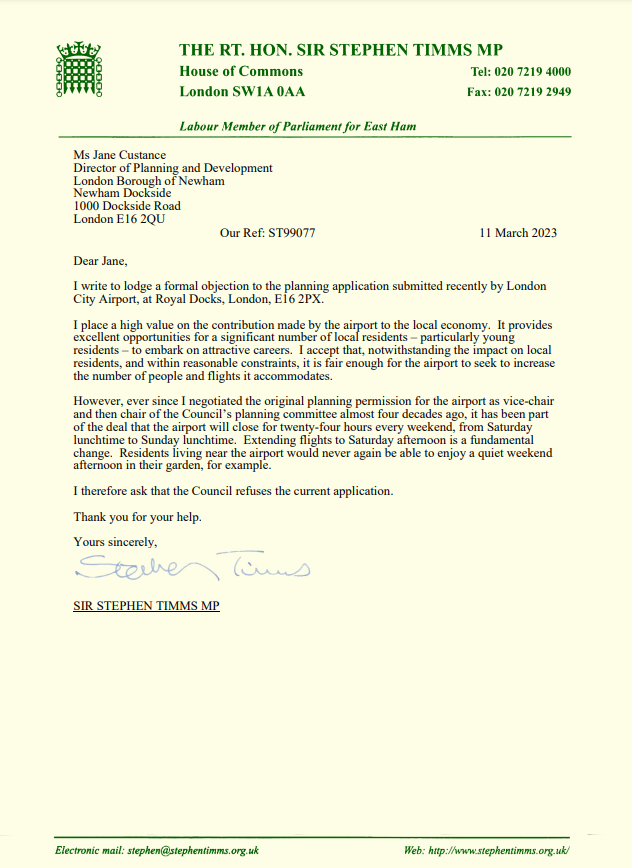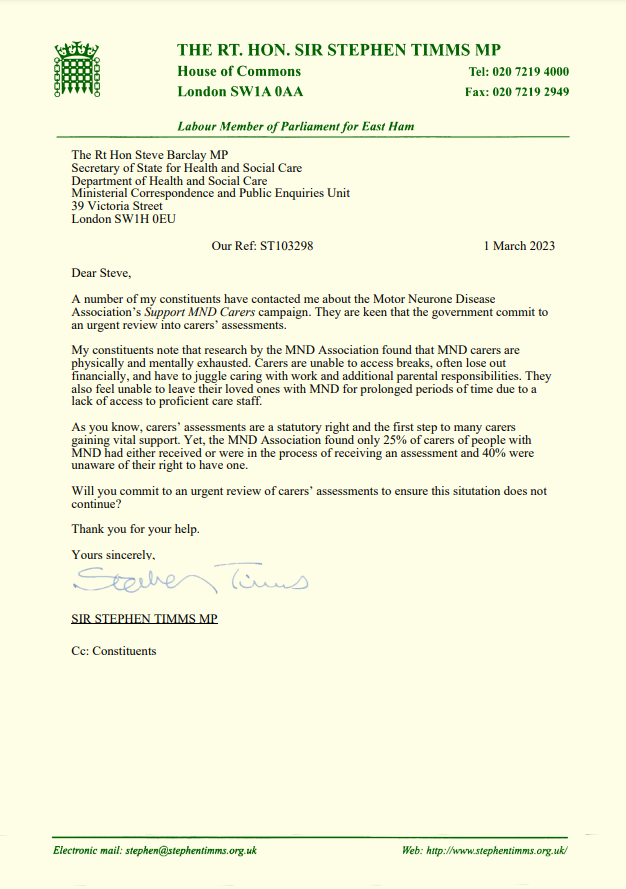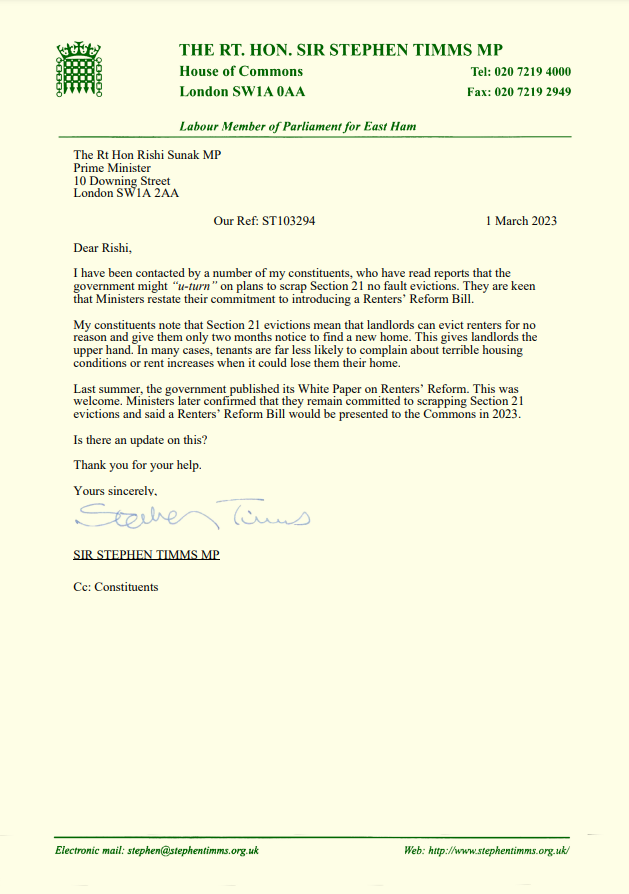Last week, Stephen attended a drop-in event run by Citizens Advice to discuss how the cost-of-living crisis is impacting people in East Ham.
At the cost-of-living drop-in, Citizens Advice made clear that the cost of living crisis is far from over. Citizens Advice helped more than 200,000 people with crisis support, such as food bank referrals, in 2022. In January and February 2023, however, they helped more people with crisis support than in the first two months of any other year.
“Citizens Advice is an excellent organisation that has helped 210 of my constituents with cost-of-living issues in the last three months alone,” Stephen said. “But they are fighting an uphill battle without more government support. I will continue to urge the government to raise the Local Housing Allowance and to offer more support to households during this crisis.”
Citizens Advice is a charitable organisation that helps people with legal, debt, consumer, and housing problems in the UK. You can contact Citizens Advice or Stephen for help with welfare, housing, immigration, and debt issues.











